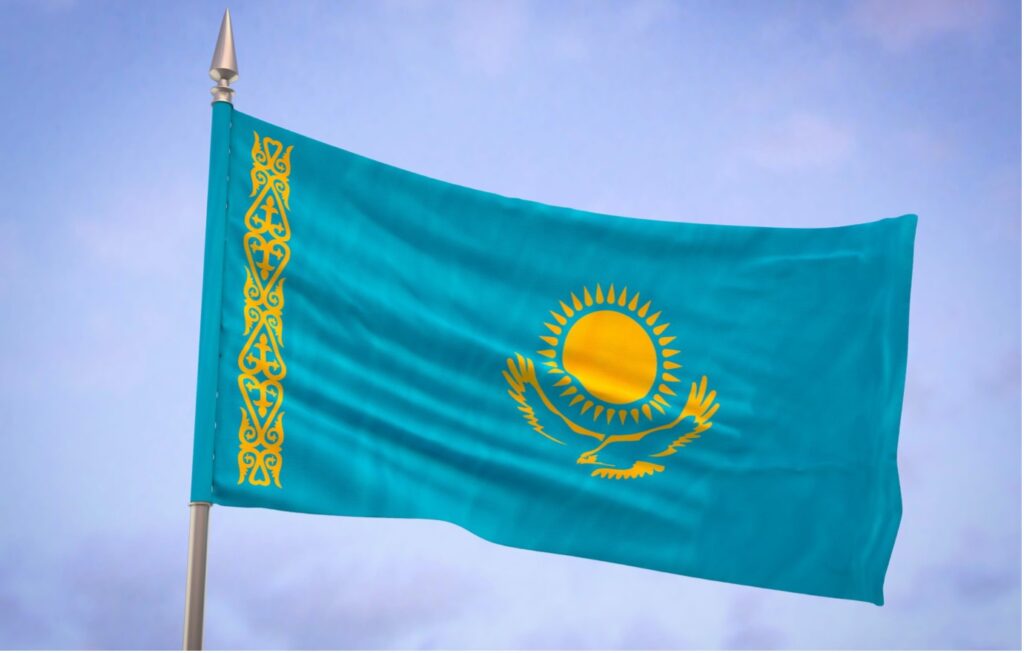Kazakhstan has made the news lately on two different topics that appeal to blockchain and online casino enthusiasts. Positive news reports that the country plans to authorize banks to process cryptocurrency purchases. In other news, Kazakhstan has also retaliated against illegal advertising of online casinos by blocking Microsoft subsidiary, LinkedIn.
Pilot project aims to provide legal crypto investment services
Kazakhstan has been getting attention from global cryptocurrency miners owing to the current crypto mining suppression in China. As a result of this, some of the biggest Chinese crypto mining establishments have begun working with Kazakhstan entities to operate mining services and facilities in the country.
Amidst this news, it has been reported this week that the Kazakhstan Government has piloted a new project that aims to allow local crypto companies to provide their services legally, by granting approval to banks in the country to process cryptocurrency purchases and thus provide exposure for digital currencies like Bitcoin.
The project is reported to run for a year, and allows investors to purchase and sell cryptocurrencies securely. As cryptocurrency trading has not yet been legally adopted in Kazakhstan, the government will also be analysing the possible risks involved with crypto trading and crypto investments during the year-long project.
At this time the financial institutions that will be participating in this project are unknown, but what is known is that crypto exchanges will be allowed to work with the allocated banks by signing up for participation in the project at the major financial hub of Kazakhstan, Astana International Financial Centre.
The Kazakhstan government has blocked access to LinkedIn
Kazakhstan has stringent regulations when it comes to gambling, with land-based casinos, betting, and lotteries permitted and with online casinos prohibited by the Gambling Law in the country. With online casinos being prohibited, advertising them in Kazakhstan is thus illegal – and LinkedIn were seen to be in breach of this law by displaying online casino ads and a number of fake user accounts.
In a statement from the Ministry of Information and Social Development, LinkedIn had been asked to remove the illicit advertising and fake accounts, but the Microsoft subsidiary failed to do so. This ultimately led to the government of Kazakhstan blocking the site, and disabling access to it by hundreds of thousands of users.
Officials have said that LinkedIn will be unblocked, and access restored once the social network addresses the issue at hand and removes the advertisements and fake accounts.
In response to the complaints raised by the Kazakhstan government, a LinkedIn spokesperson stated:
“We have clear policies prohibiting ads related to gambling and fake profiles, and are investigating this issue.”
“Our top priority is always making sure that our members have a safe, trusted and professional experience on our platform,” they continued.
The blocking of social networks is not new in the country. Network data showed that numerous platforms like Instagram, YouTube, Telegram, and Facebook were blocked in 2019. The reason for this was because they acted as media outlets exposing demonstrations during the time the country was undergoing elections.

Leave a Reply